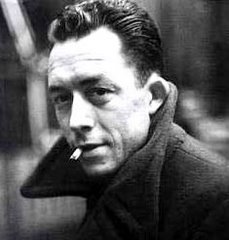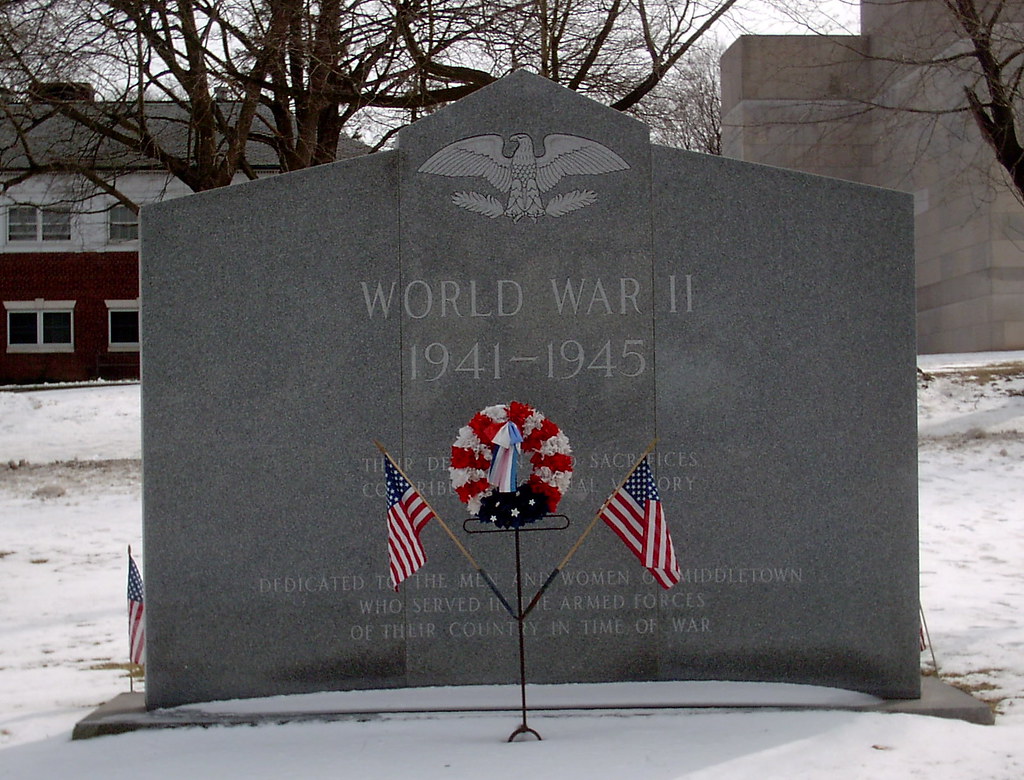
Stephen Collins Foster was born in Lawrenceville, Pennsylvania,now part of Pittsburgh, on the Fourth of July in 1826. That was a most important Fourth; it marked the fiftieth anniversary of the Declaration of Independence. It was on that day too that the second and third presidents died - John Adams and Thomas Jefferson
(John Tasker Howard, from historical notes to book below)
(born July 4, 1826, Lawrenceville, Pa., U.S. — died Jan. 13, 1864, New York, N.Y.) U.S. songwriter. He began writing songs as a child, influenced in part by black church services he attended with the family's servant and by songs sung by black laborers. In 1842 he published "Open Thy Lattice, Love," and in 1848 he sold "Oh! Susanna" for $100; it quickly became an international hit. He later entered into a contract with the publisher Firth, Pond & Co. He was commissioned to write songs for Edwin P. Christy's minstrel show; his "Old Folks at Home" became one of the most popular songs of the century. In 1857, drinking heavily and in financial difficulties, he sold all rights to his future songs to his publishers for about $1,900. In 1860 he moved to New York; he died penniless at age 37, leaving about 200 songs, including "Camptown Races," "My Old Kentucky Home," "Jeanie with the Light Brown Hair," and "Beautiful Dreamer," and he is universally regarded as the greatest American songwriter of the 19th century. Source

-----------Oh, Susanna! Foster's Greatest Hit?
Oh, Susanna! sung by Pete Seeger: Oh, Susanna
"So far as is known, only one song has ever made the Hit Parade eighty-seven years after it was written and seventy-seven years after the death of its composer. That song is Jeanie with the Light Brown Hair by Stephen Collins foster. In 1940 and '41, when the broadcasters and the American society of composers, Authors, and Publishers were feuding, the radio suddenly discovered Jeanie. She was sung, she was played as a ballad, an aria, a chorus, a fantasy, a ballet, a foxtrot, a swing tune. It is a safe wager that during those two years Foster's ballad had more performances and was heard by more people than in all the years since its creation. The wonder is that it survived such mauling, that it has not departed into Limbo together with Yes, We Have No Bananas and the Hut Sut Song..." (Deems Taylor, in the forward to A Treasury of Stephen Foster; Random House, New York; 1946. The illustrations here are from that book and are by William Sharp.)
Jeanie With the Light Brown Hair-Sung by Jan Degaetani: Jeanie With the Light Brown Hair

-----------Jeanie With the Light Brown Hair
Hard Times "Hard Times was the second of the two songs which were based on fragments of folk songs which Stephen heard as a child in the Negro church where the family nurse, Olivia Pise, worshipped. Hard Times was published in January of 1855, four and a half years later than the other song of Negro derivation. Oh Boys, Carry Me 'Long, and its words were tragically prophetic, for it became one of the songs that Foster sang most frequently in hi last days, when "hard times" were on him in full force indeed"

---------Hard Times Come Again No More
Here is Hard Times.. sung by Renee Fleming and Garrison Keillor:
Hard Times Come Again No More Garrison Keillor-Renee Fleming
...And, another version by Emmylou Harris:
Hard Times [Come Again No More Emmylou Harris
This post is reprinted from Steady Habits, July 4, 2010
Tags: emmylou harris,garrison keillor,Jan Degaetani,renee fleming,stephen foster,oh susanna,hard times,jeanie w light brown hair,














